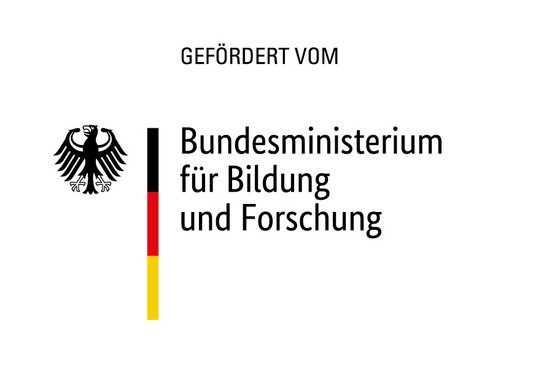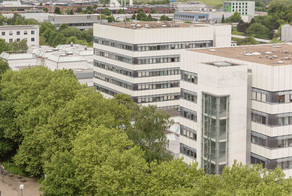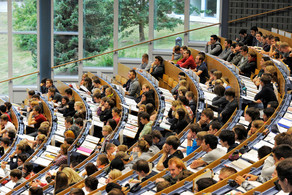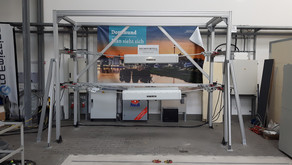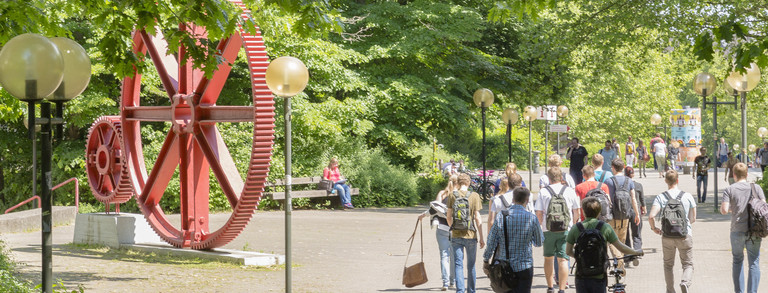iResilience
iResilience – Social innovations and intelligent urban infrastructures for the resilient city of the future
Within the framework of the project "iResilience", the model development and testing of new practices and technologies for the continuous improvement of urban, climate-adapted resilience is the goal of an interdisciplinary project team from science, business and municipal administration. Together with local actors, the project team develops innovative solutions for the complex, dynamic challenges of climate change and sustainable development and tests them in real urban laboratories.
The ie³ is leading two work packages in the iResilience project, with its expertise in the field of Smart City and digitisation, which focus primarily on the design of digital processes.
The particular challenge is to design a complex process of change towards an improved climate resilience in cities, supported by technologically sensible and digital devices and media, taking into account not only the interfaces between the technical systems, but also those with the citizens affected by climate change. In future, the climatic changes expected for cities in north-western Europe's landlocked areas, such as warming of city centres and longer periods of heat and drought, will also play a decisive role here, as will pressing issues in the context of climate change, such as the quality of life and residence and environmental justice in densely populated neighbourhoods. The social innovation lies especially in the bidirectional design of the process between digital system and human being. Where in the past unidirectional communication usually existed, in the future the project will not only collect sensor data to record, for example, the traffic situation and its effects on the environment; through the use of digital technologies, the perception and sensation of people affected by traffic effects will also be made measurable and included in the automated decision-making processes of dynamic traffic control.
By assessing the risks of such data use, especially with regard to data security, data protection and thus also user acceptance, a data use concept for bidirectional dynamic traffic control will be derived as a contribution to urban climate resilience. The data use concept is to be implemented in the form of a pilot application for dynamic traffic control depending on sensor and climate data and taking into account the sensation of pollution reported by the city residents affected by traffic via a digital interface (app), and will be subjected to an impact analysis together with the German Weather Service. On this basis, an implementation roadmap for the use of smart city applications will be developed.
Project Duration: 01.11.2019 – 01.10.2021
Project Partners:
- TU Dortmund, ZWE Sozialforschungsstelle (Verbundkoordination)
- Deutsches Institut für Urbanistik (Difu), FB Umwelt
- Stadt Dortmund, Koordinierungsstelle „nordwärts“
- Stadt Köln, Umwelt- und Verbraucherschutzamt
- Stadtentwässerungsbetriebe Köln, AöR
- Forschungsinstitut für Wasser- und Abfall-wirtschaft an der RWTH Aachen (FiW) e.V.
- HafenCity Universität Hamburg (HCU)
- Dr. Pecher AG, Erkrath
- TU Dortmund, ie³ - Institut für Energiesysteme, Energieeffizienz und Energiewirtschaft
Sponsors
